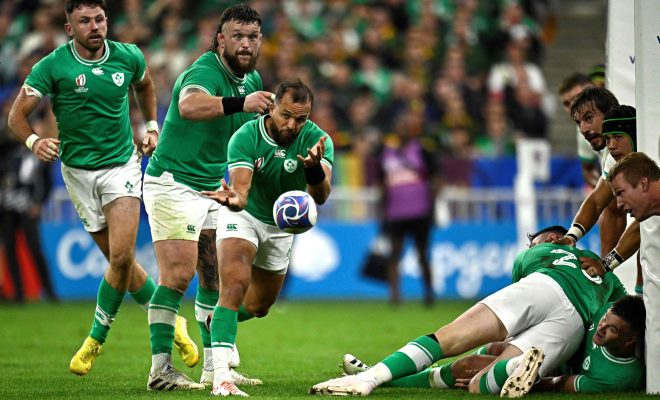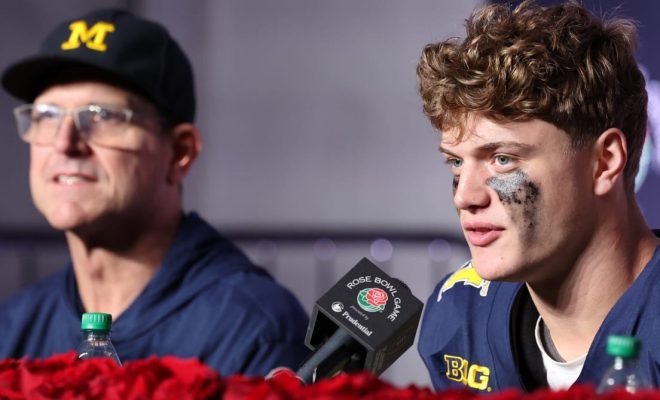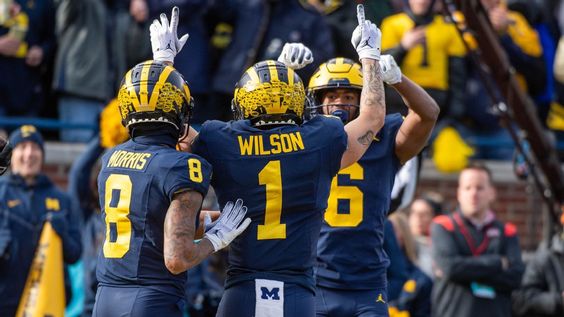Impressive Irish System Draws Best from Talented Kiwi-Born Trio

In recent years, the Irish rugby system has come into the spotlight for its remarkable ability to nurture and develop rugby talent. Particularly noteworthy has been its success in integrating players born outside of Ireland, creating a diverse team with a broad range of skills and experiences. Among this multicultural mix, a talented Kiwi-born trio has stood out, benefitting significantly from the Irish system’s approach to honing their abilities to the fullest.
The trio includes the likes of Bundee Aki, Jamison Gibson-Park, and James Lowe. Each has a unique story of migrating from New Zealand, and each has made an indelible mark on Irish rugby.
Bundee Aki, with his formidable centre play, has become a mainstay in the Irish squad since qualifying through residency in 2017. Aki’s robust defensive skills and his strong ball-carrying ability have been significant assets for Ireland on the international stage. His consistent performances at Connacht—where he helped secure a Pro12 title—caught the eye of national selectors, and ever since pulling on the green jersey, he’s served as an exemplary figure for how overseas talent can flourish within the system.
Jamison Gibson-Park’s journey shows how perseverance combined with the right opportunities can lead to success. Initially an understudy scrum-half after joining Leinster in 2016, his skill set shone through fully when given regular starts. The speed of his ball delivery and his tactical awareness have seen him rise through the ranks to become a fixture in the national setup. His rise culminated during 2020 when he slotted into Ireland’s starting line-up during the Autumn Nations Cup.
And then there’s James Lowe, whose electrifying wing play has lit up both club and international rugby pitches. Possessing a potent mix of pace, power, and an uncanny ability to find the try-line, Lowe’s adaptation to European rugby was swift following his move to Leinster in 2017. His successful integration into Irish rugby is a testament not only to his talent but also to the supportive framework that nurtures such players’ skills.
These players’ successes highlight how flexible and adaptive the Irish rugby system is in taking non-native talent and allowing it to thrive at both club and international levels. This strategy emerges from a deep-rooted development program that includes robust youth structures, excellent coaching systems at all levels, strict adherence to player welfare protocols—which ensures that imported talents do not overshadow domestic growth—and proactive player management policies.
Moreover, credit must be paid to Ireland’s coaching staff for their vision in scouting talent that aligns well with their game plan and philosophy—a strategic synergy that has reaped dividends on the field through notable victories and resilient performances against top-tier rugby nations.
Yet beyond tactics and training regimes lies a spirit of inclusivity which appears ingrained within Irish Rugby—further evidenced by other overseas names donning the green shirt with distinction over time. That inclusive approach helps assimilate players into not only a national playing style but also into a supportive community where they can flourish as athletes and individuals.
The mastery of molding foreign-born players into key components of their national team without compromising homegrown development stands as one of Irish Rugby’s triumphant achievements—a pragmatic yet visionary model from which other nations might well draw inspiration.





